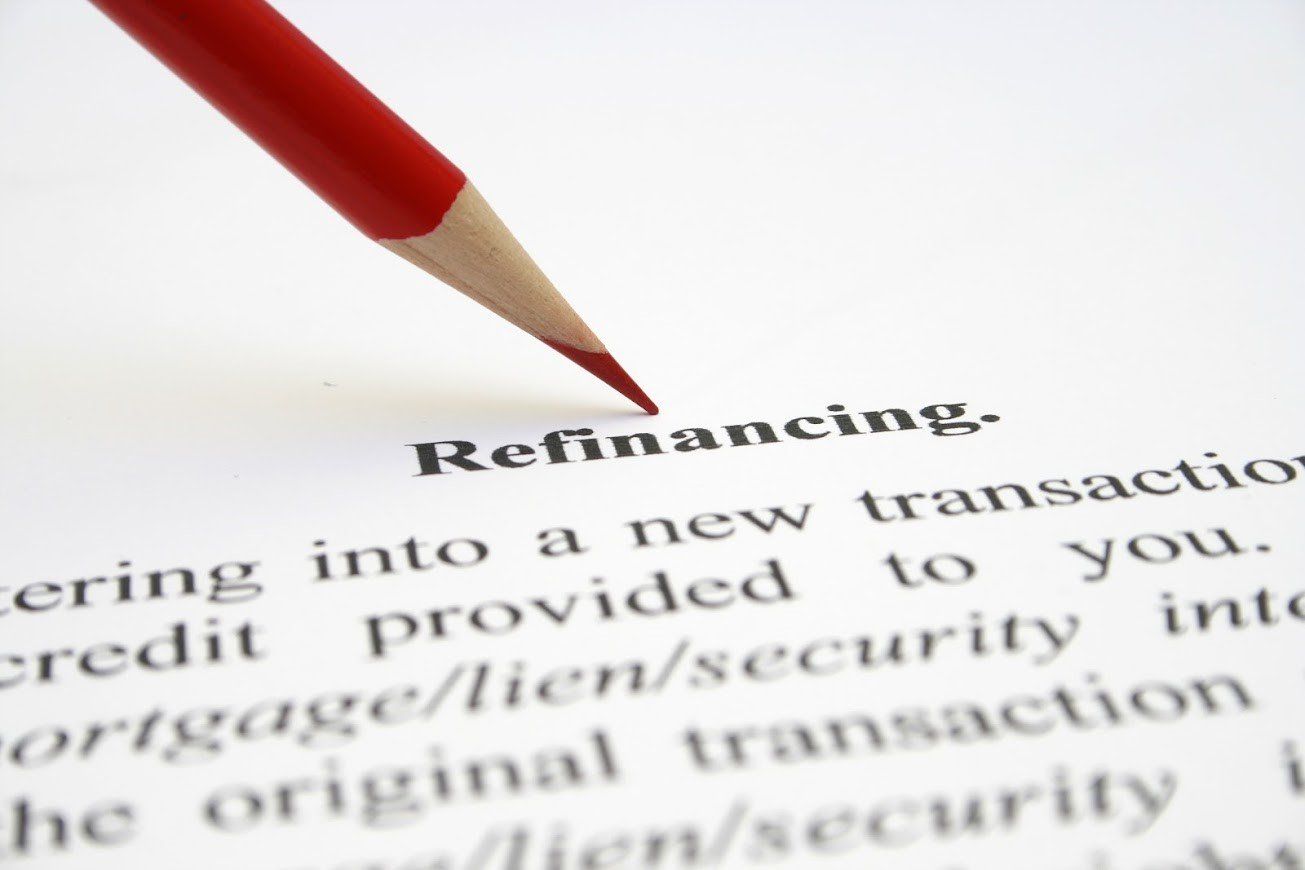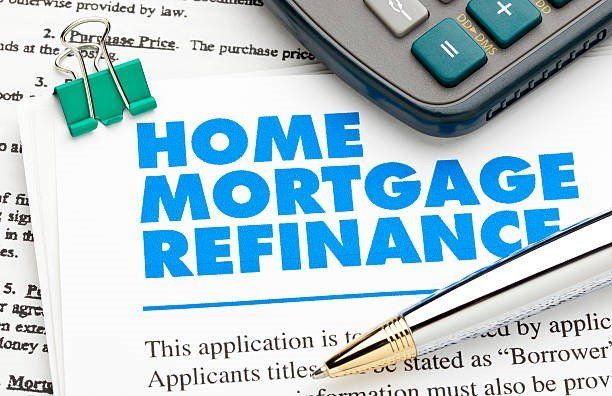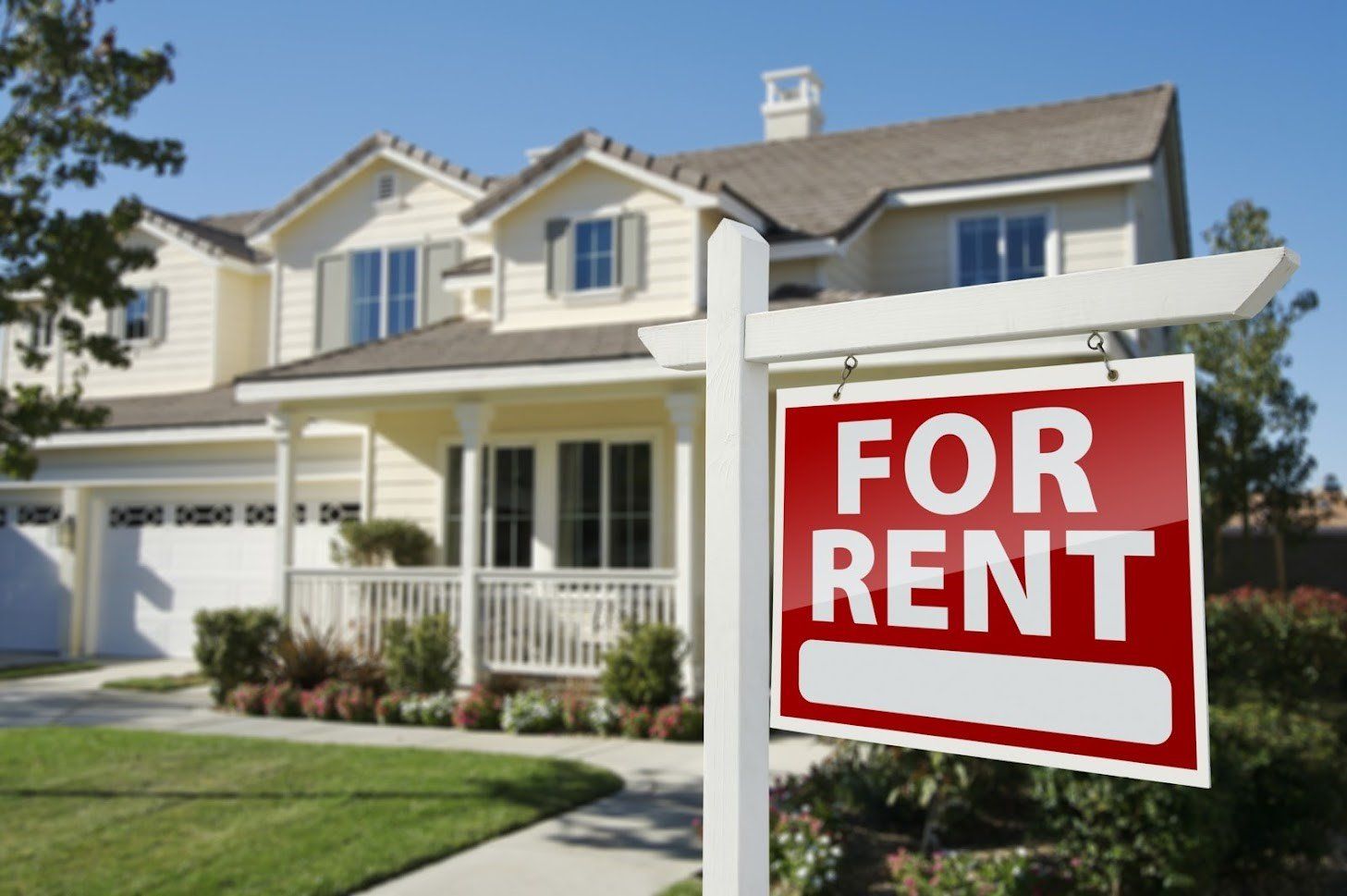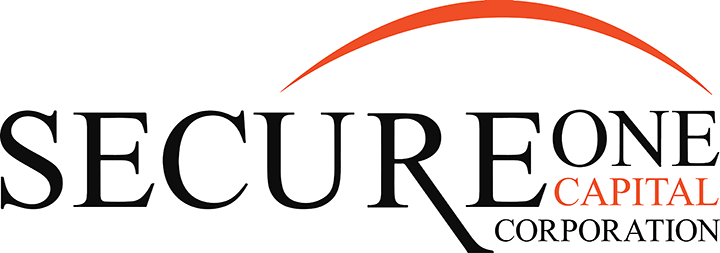3 Lesser-Known Refinancing Mistakes to Avoid
Currently, mortgage rates are relatively low, and many homeowners may want to refinance quickly. But these rates can easily rebound. As such, homeowners who don't act quickly could miss out on the low refinancing rates.
Unfortunately, in a bid to rush in, you could end up making costly mistakes trying to get a favorable deal. You may want first to sharpen your knowledge on the various pitfalls you could find yourself in.
Refinancing involves several intricate details that could make things difficult for you when figuring out how to get the perfect deal. Here are three common mistakes to avoid when refinancing.
1. Considering Only the Interest Rate
Different mortgage lenders consider different factors when they set their mortgage rates and pricing. That's why interest rates may differ from one lender to the next. You could be making a huge mistake if low interest is the only thing that influences your decision
Quite often, a low interest rate comes with other strings attached. For instance, a lender may have super low rates compared to others in the market. But there are other fees and points that accumulate over time. In the end, you're likely to pay way more than you expected. Still, the repayment period could be much longer than you might prefer.
Additionally, you could fail to lock in on the initial interest rate at the time of your application. The rate could increase after loan processing is completed. Be sure to lock in the interest rate through a written agreement to avoid any surprises along the way.
2. Refinancing Too Often
Because of the lower interest rates in the market, you may think about a second refinancing even after you've recently applied for another successfully. At first glance, you might think you're making a good decision. But refinancing too quickly or too often can cause you significant financial troubles in the future.
Each refinancing application will carry its own costs. Charges can eventually add up, and all the savings you might have made on interests might go into covering the closing fees. Typically, closing fees range between 3 percent to 6 percent of the loan balance. If you're thinking of refinancing your home again, your estimated interest savings need to be enough to cover closing expenses.
Similarly, over-leveraging your home can leave you vulnerable if housing prices start to drop. For instance, you may leverage your home's equity to borrow a loan for something else. Variable mortgage rates are often more affordable compared to other loan types, which is why you may prefer this option instead.
However, you could end up in financial turmoil if you take out an amount that's way higher than your home's value. And you could be in a lot more trouble if housing prices decrease.
3. Failing to Calculate the Break-even Point
Sometimes, you may want to refinance your home to cut down on long-term expenses (due to low interest rates). However, if you don't calculate the break-even point, you may end up paying more than you'd like in the long term. The break-even point tells you how saving on the lower rates can help you cover the refinancing costs.
If you're covering the closing fees yourself, the break-even point will be quite helpful, depending on how long you want to stay in the home. For instance, if you're required to pay $4,000 in closing costs, with the new rates saving you $100 each month, the break-even point is 40 months.
In other words, you'd have to wait 40 months for the refinancing to pay off. If you don't remain in the home until the period lapses, refinancing will cost more than you save. In such a case, you're probably better off without refinancing.
If you'd like to know more about your refinancing options, reach out to
Secure One Capital today.

















